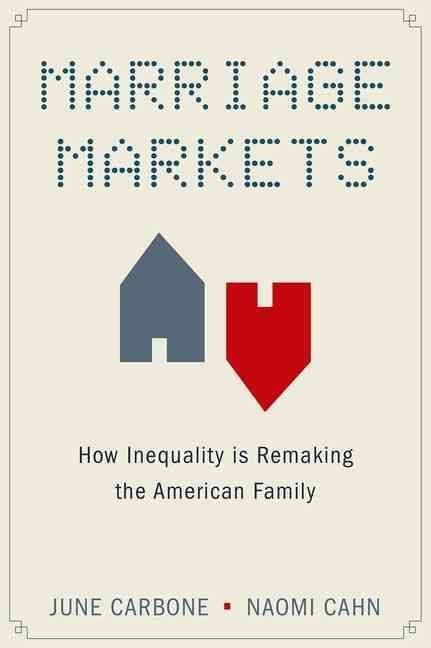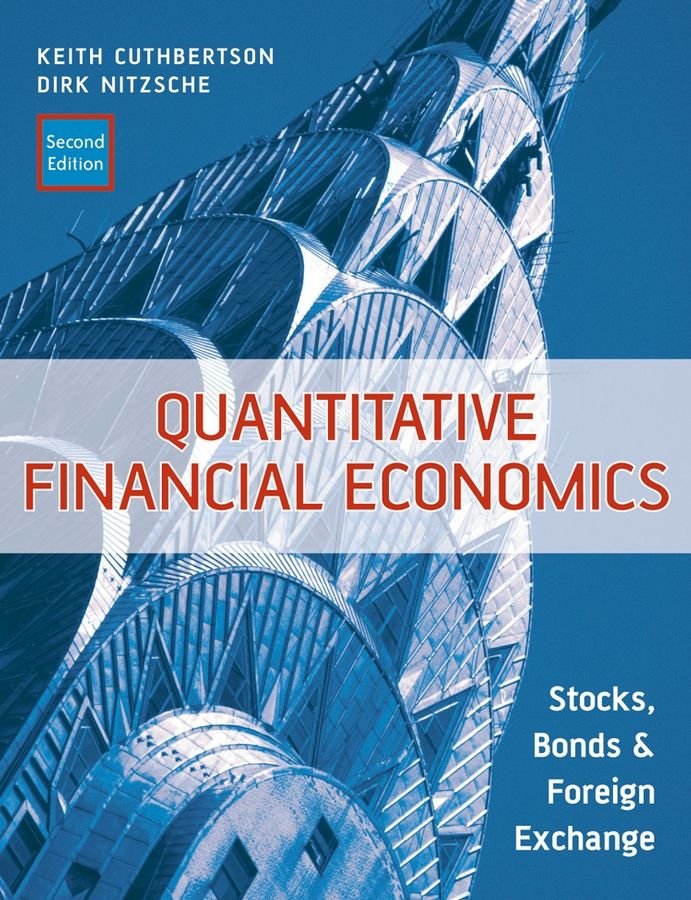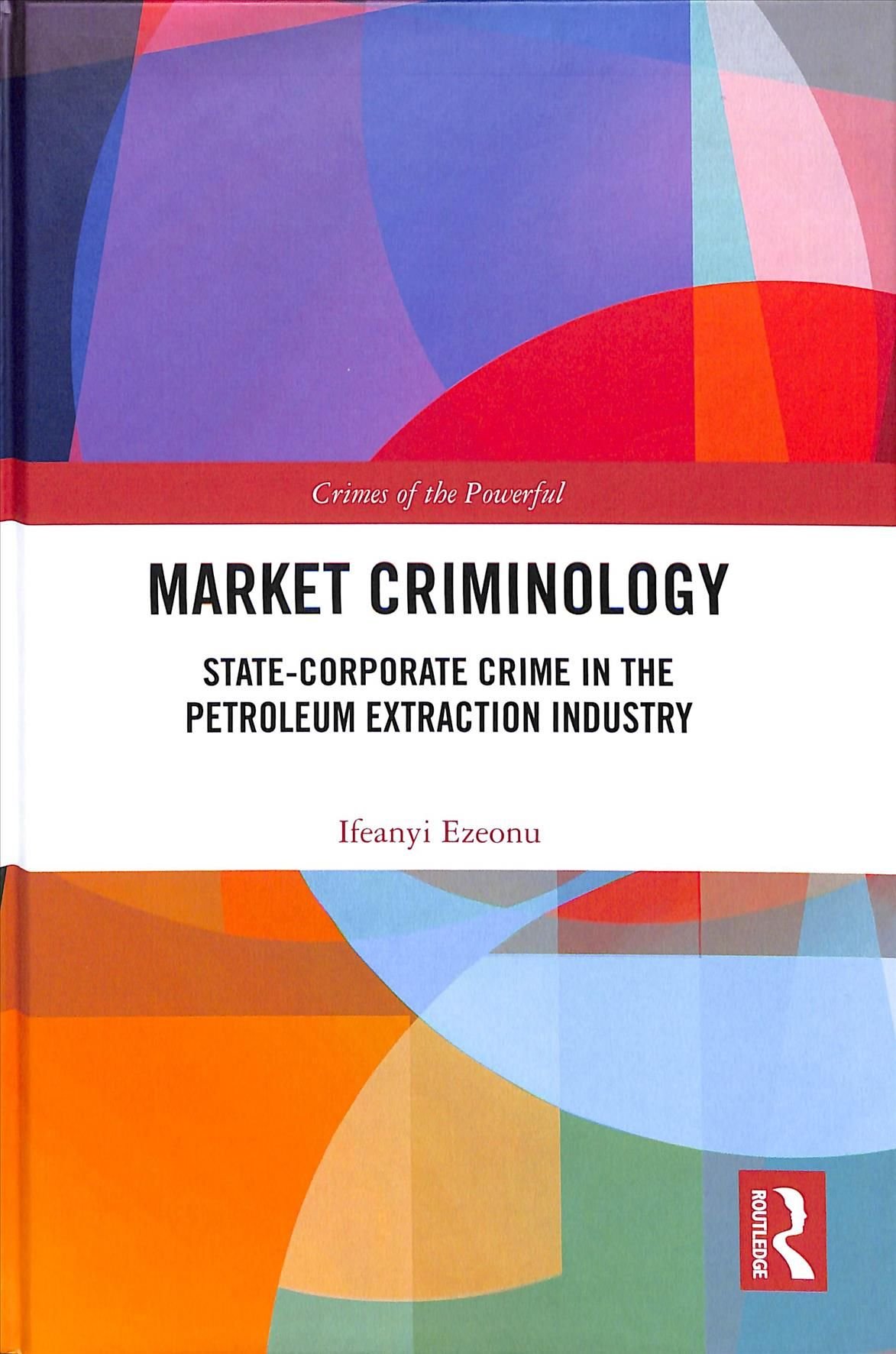This volume explores the interactions between economic and political reform in developing countries and eastern Europe. Over the past decade there have been significant moves both towards economic reform - essentially involving a greater role for the market and a lesser role for the state - and political reform, with important steps taken towards democratic forms of government. In some areas political change preceded economic reform (as in much of eastern Europe), while elsewhere economic and political reform have gone hand in hand, often as a result of external pressure. The essays cover a wide range of experience of economic and political reforms, from which some general lessons emerge. The most important one is that political and economic reforms interact in complex ways, with political reform often acting to slow down or even reverse economic reform. Secondly, it is shown that the state has an important role to play in guiding reform and preventing market excesses.












